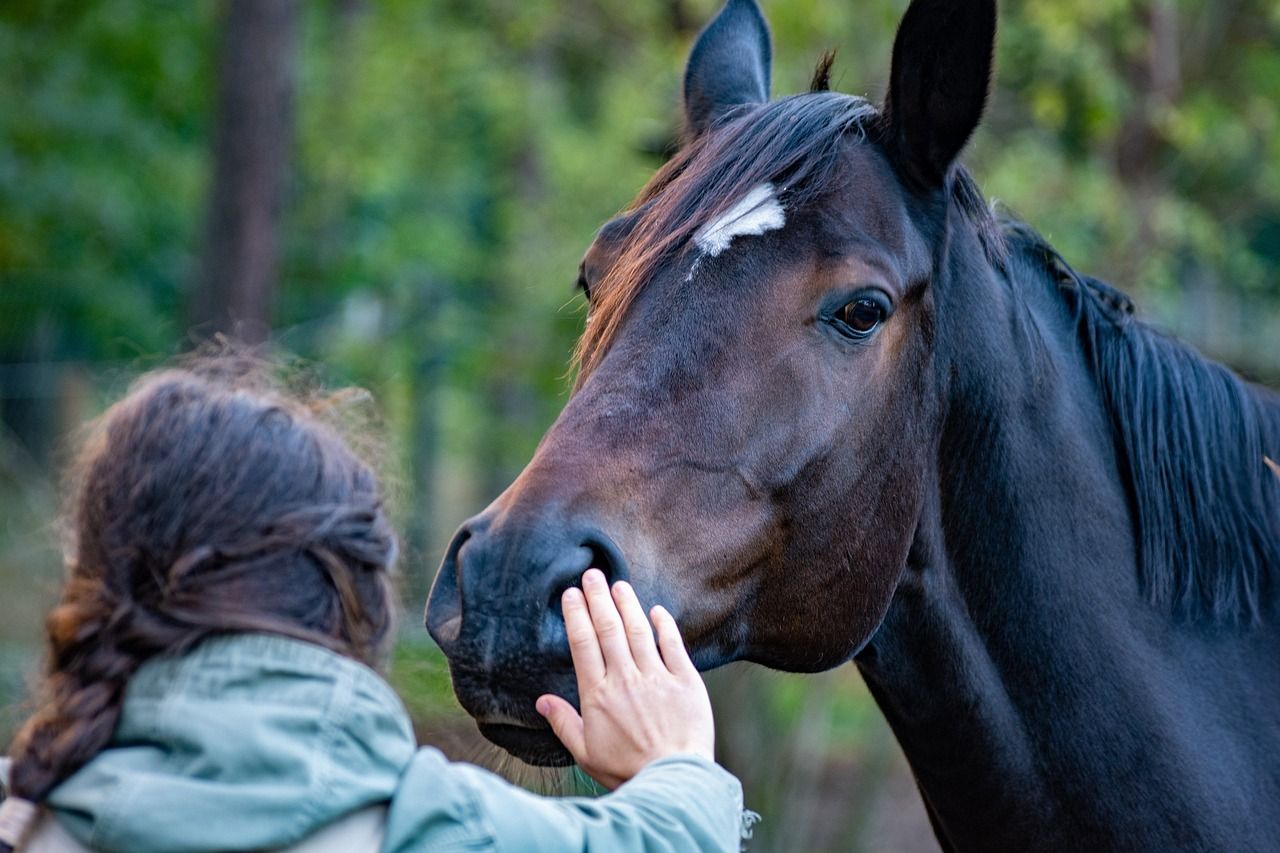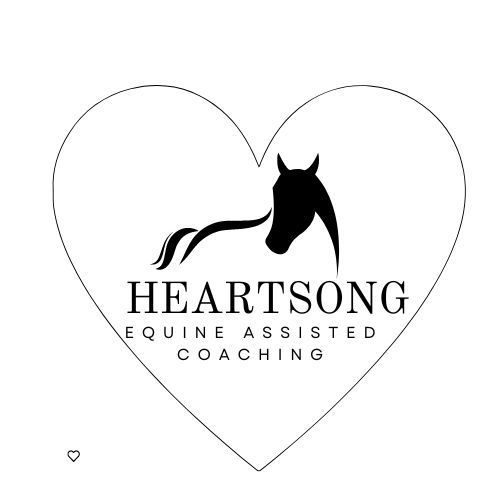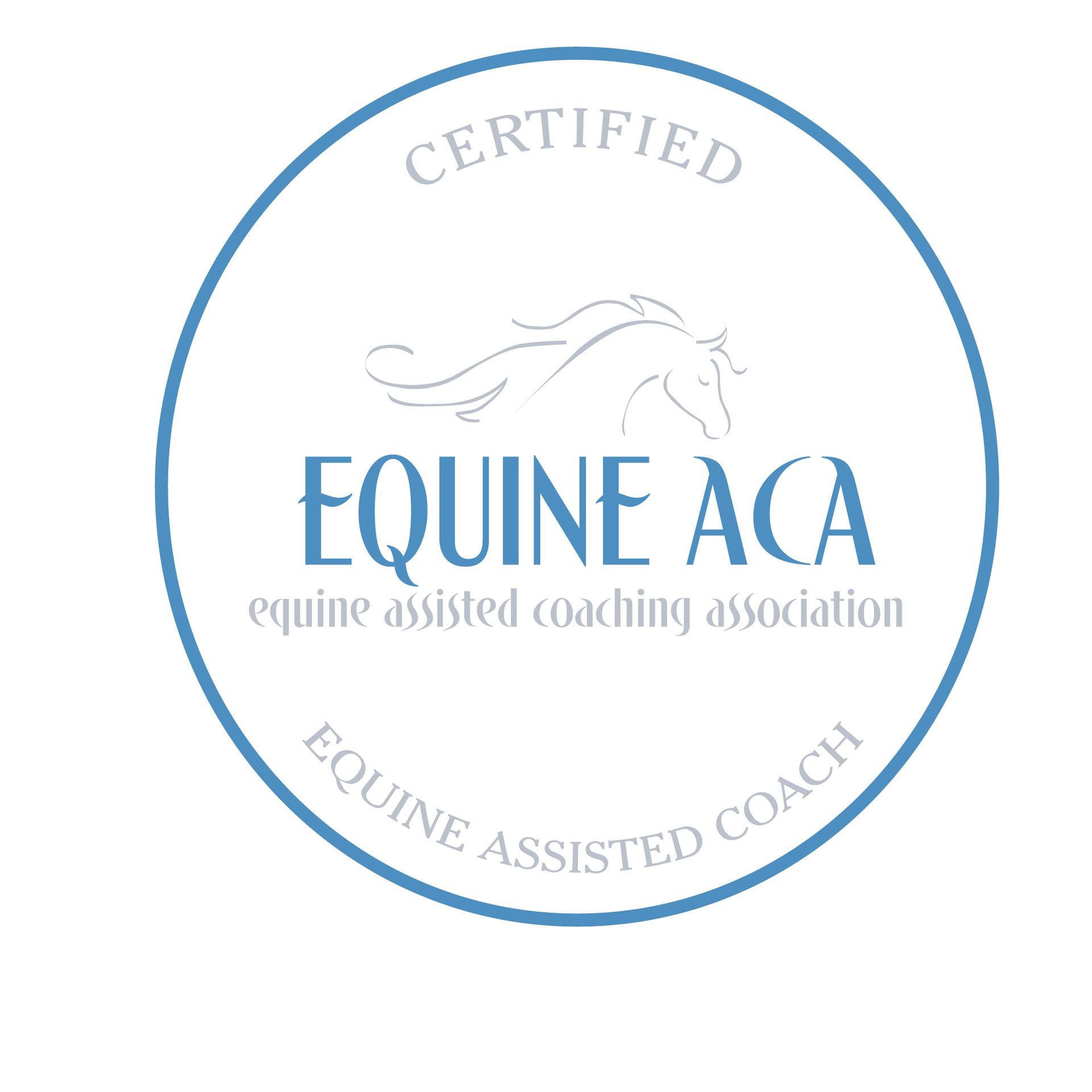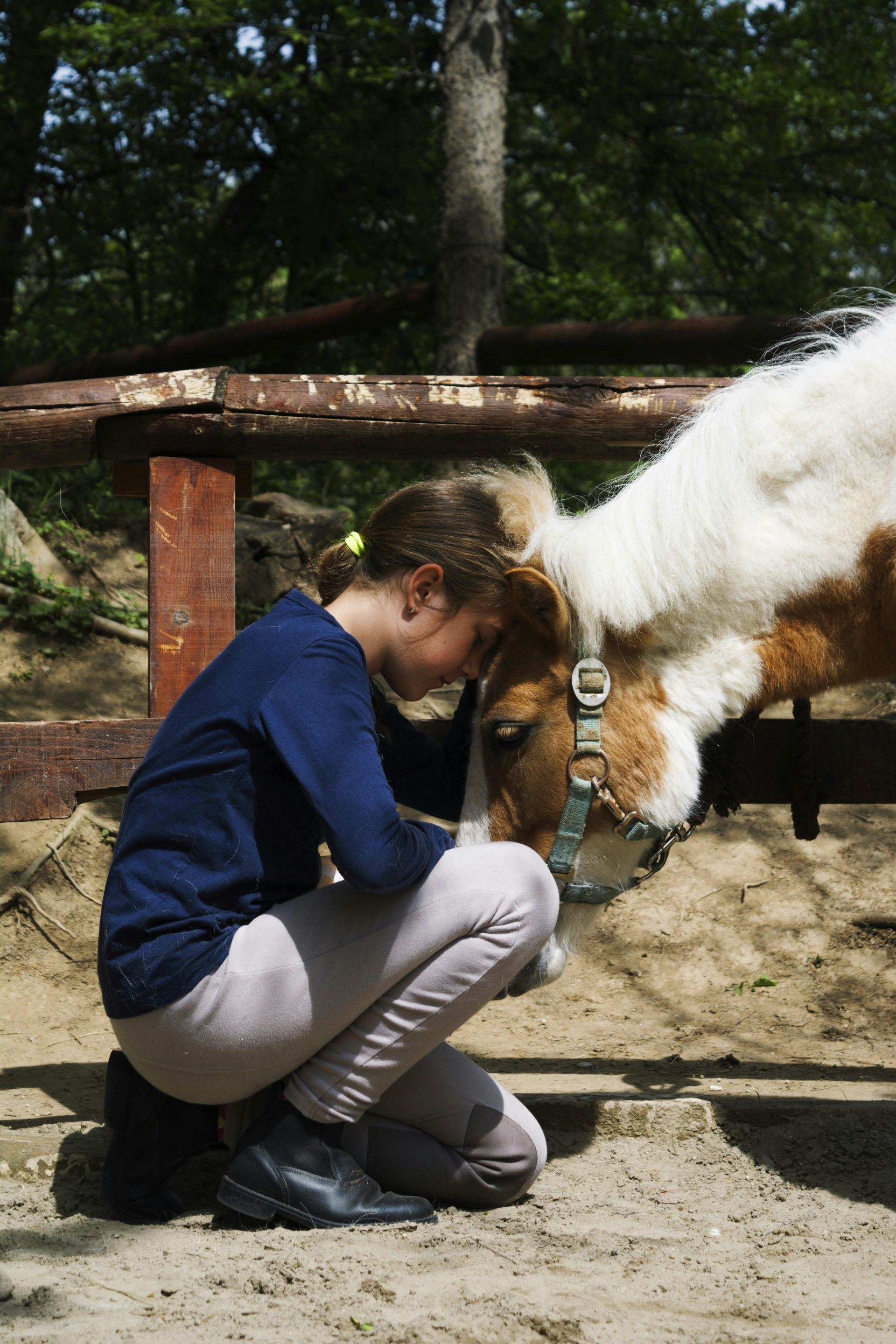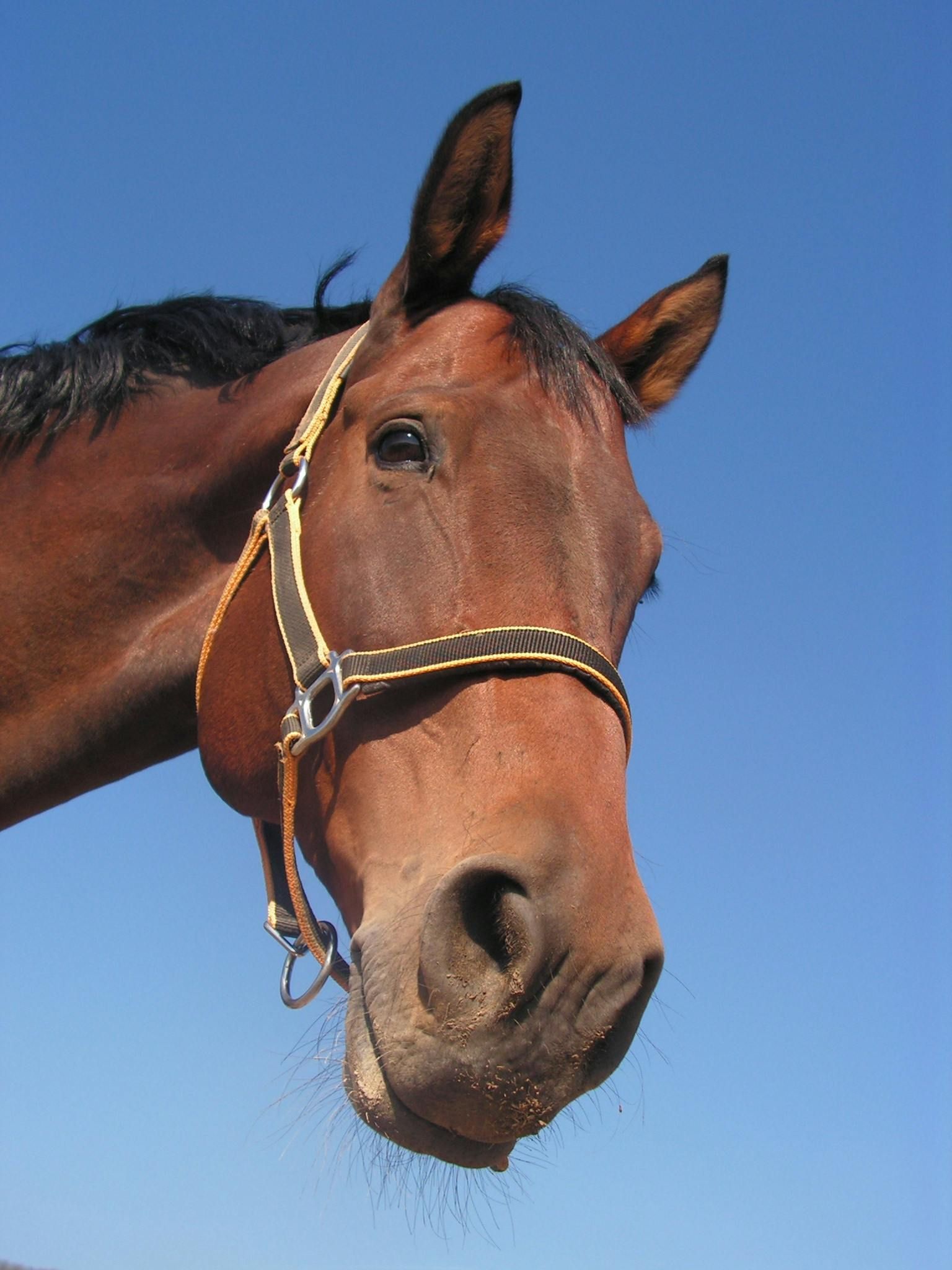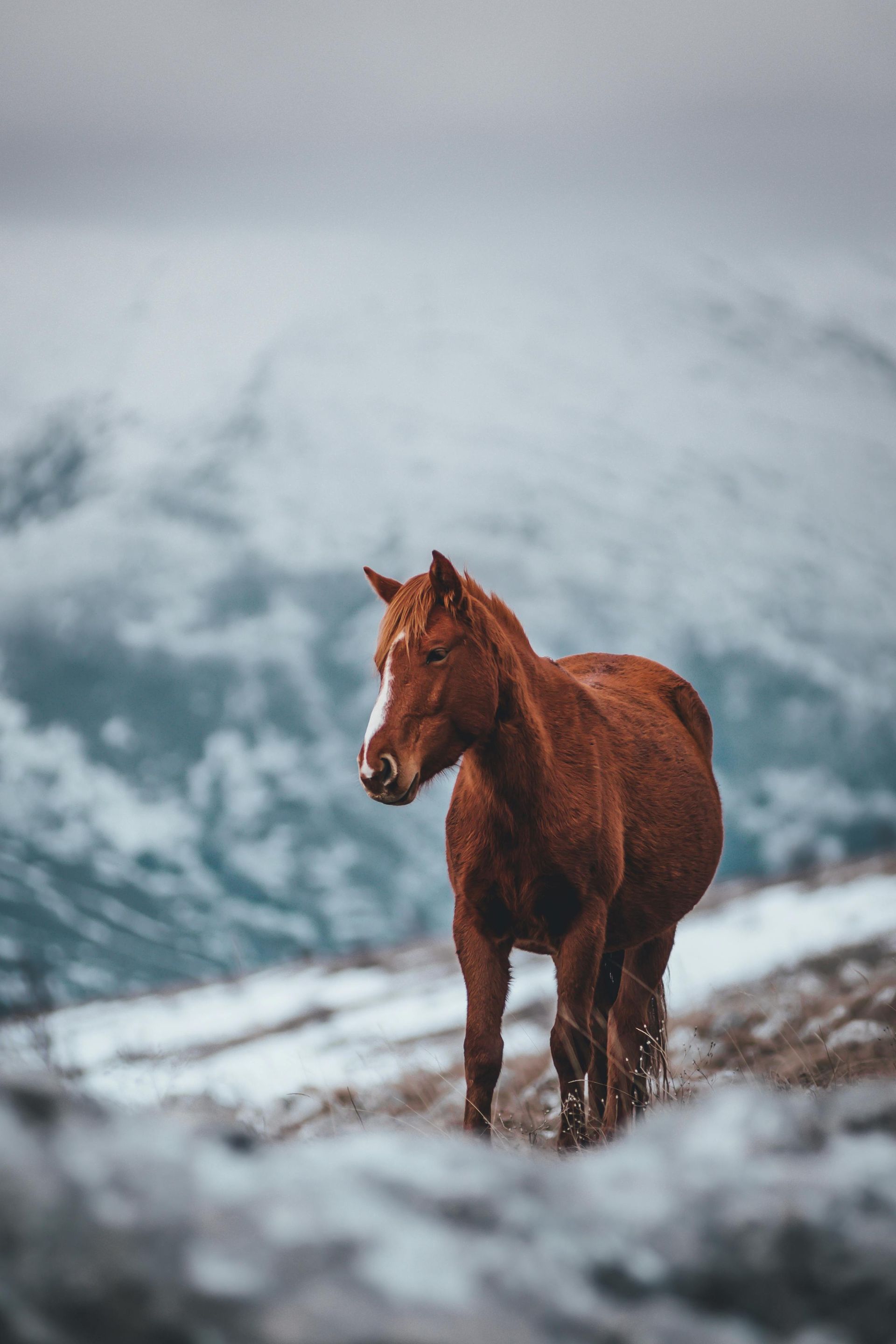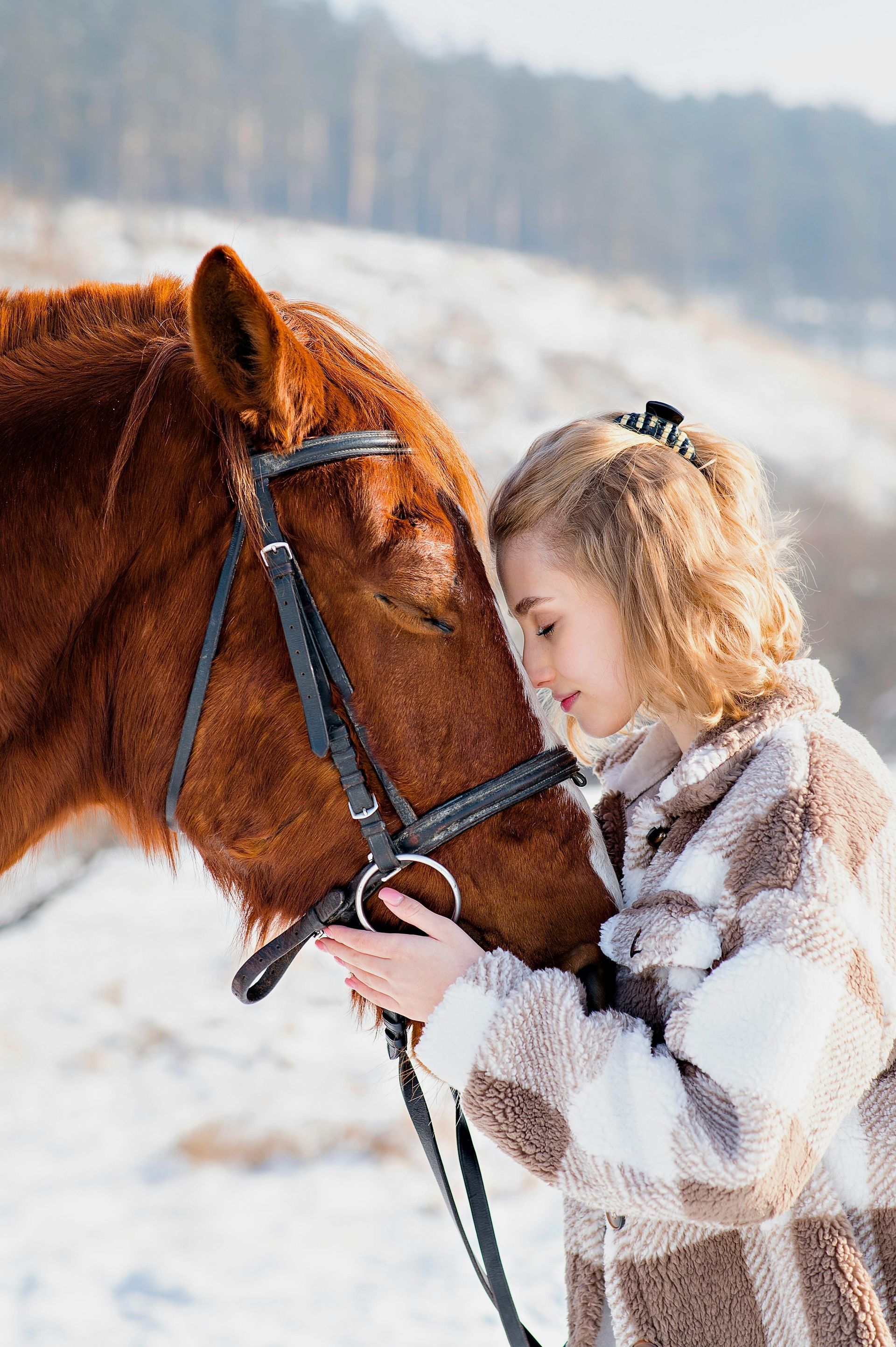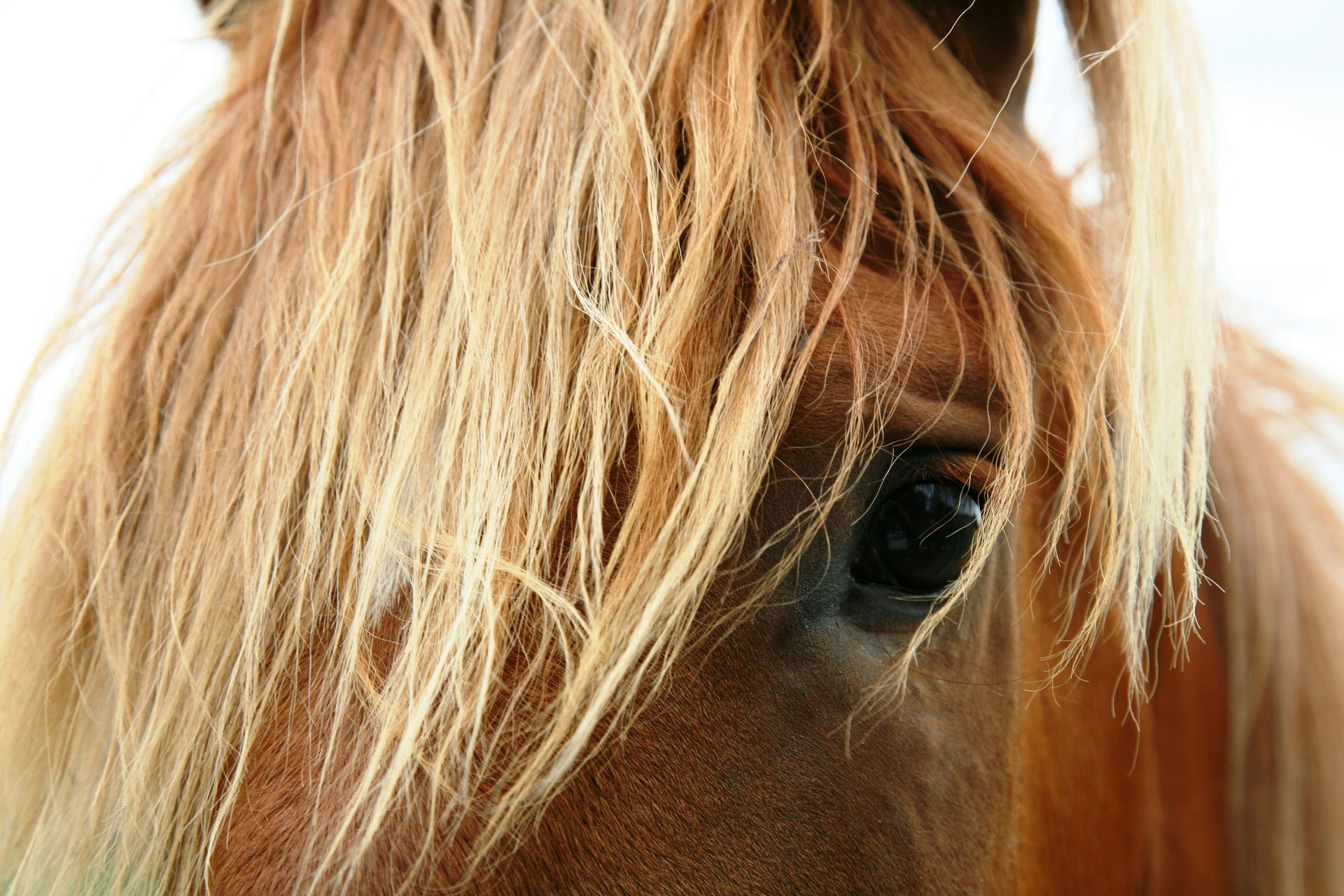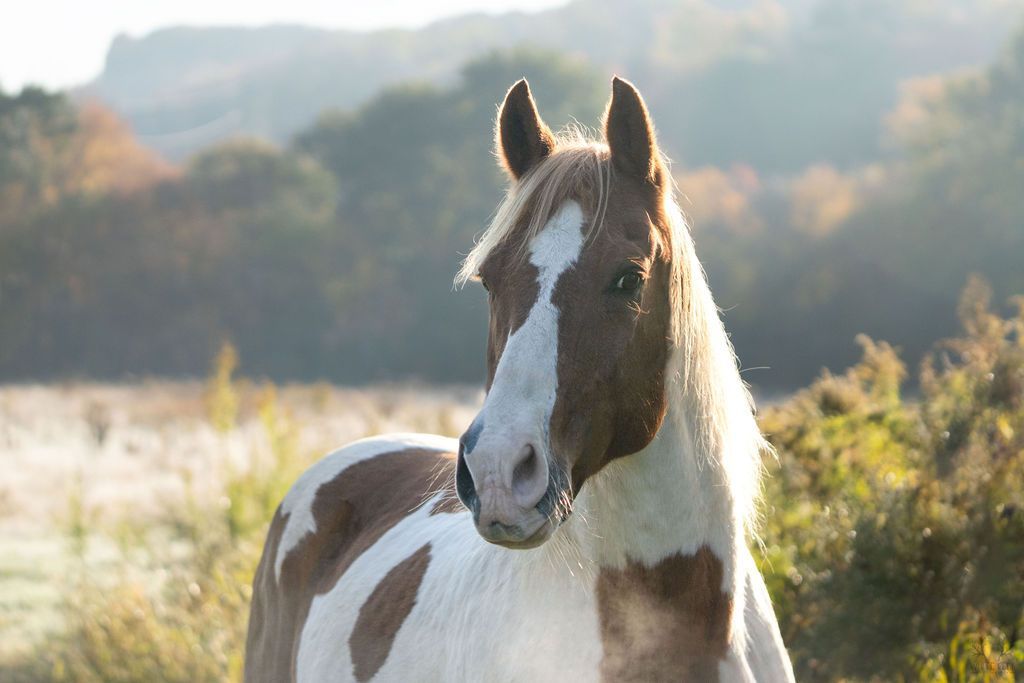Finding Curiosity, Finding Calm
Lessons From the Herd
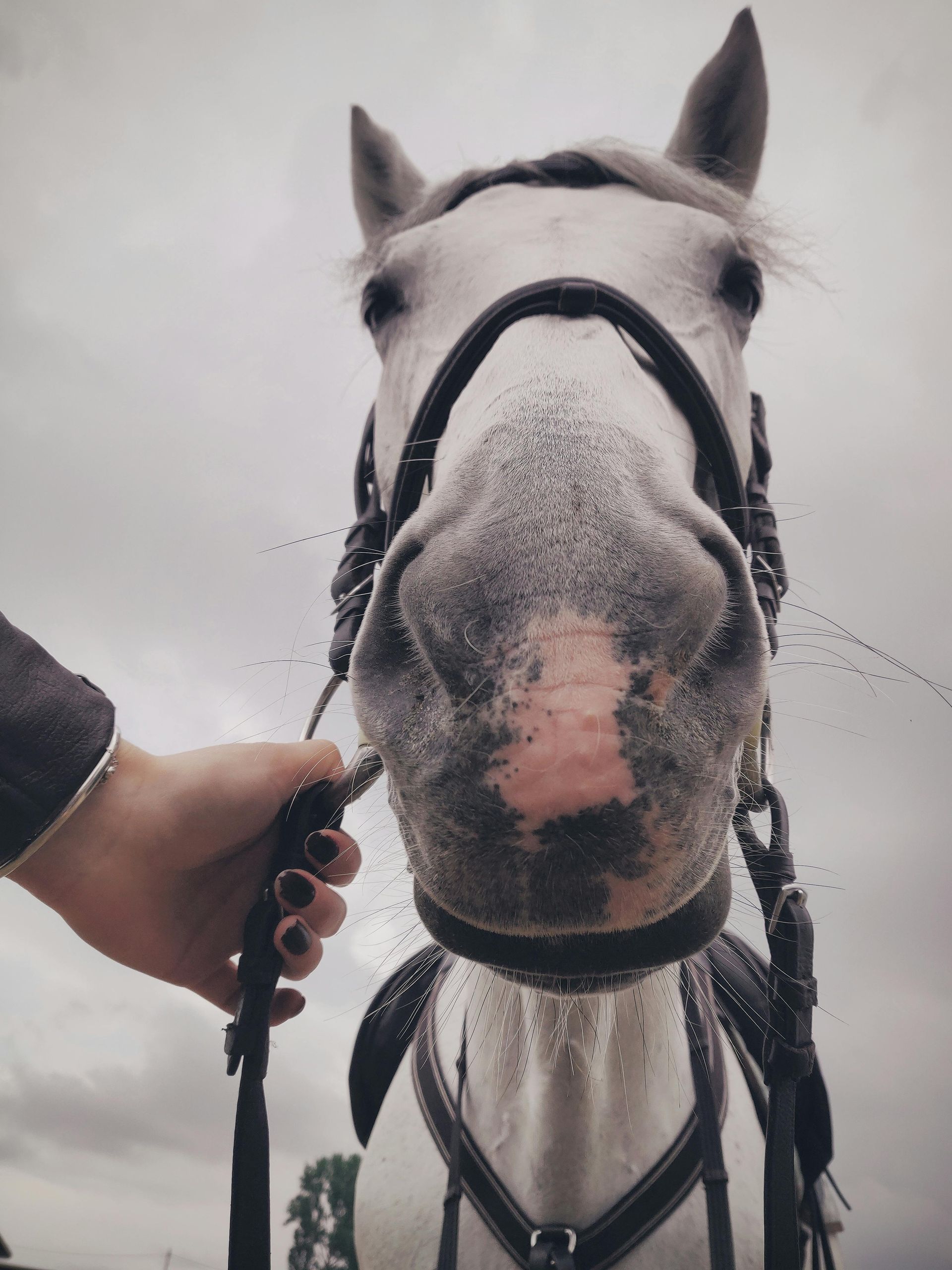
Finding Curiosity, Finding Calm: Lessons from the Herd
I had a truly insightful and moving equine-assisted coaching session today. Witnessing the connection between Rebecca and JC, and how coaching facilitated their learning journeys in parallel, is quite beautiful.
Today's equine-assisted therapy session was a powerful reminder of the lessons horses can teach us, both directly and indirectly. We had the privilege of working with two special horses, one of whom was a spirited young gelding named JC.
JC, still navigating his training, has a tendency to go into "flight" mode quickly when feeling unsure. However, he shares a remarkable bond with Rebecca , one of our participants. It was heartwarming to witness their connection as we embarked on a unique exercise designed to cultivate a vital emotion: curiosity.
We often talk about how a curious horse is a safer horse. When their natural instinct to flee is tempered by a desire to explore and understand, they become more grounded and less reactive. Our goal for JC today was to gently guide him towards this state of "being curious."
Rebecca played an integral role in this. We placed carrots atop barrels, inviting JC to investigate. With Rebecca’s gentle encouragement and guidance, JC began to approach the barrels, his initial apprehension slowly giving way to cautious exploration.
But the learning wasn't just for JC. Rebecca was on her own journey of discovery, mirroring JC's process in a beautiful way. I had Rebecca select four feeling words from a list, and we wrote each emotion on a cone, placing them on the barrels alongside the carrots.
As JC learned to be curious about the treats, Rebecca was invited to be curious about the feelings represented by the cones. This simple yet insightful exercise highlights a crucial aspect of emotional regulation: understanding. To navigate our emotions effectively, we must first be willing to explore them – to ask ourselves how they feel in our bodies, how they might be expressed, what purpose they serve, and how we typically respond to them. Perhaps even what color they might be.
Interestingly, while JC was enthusiastic about the game, he seemed unsure how to actually eat the carrots! This small detail underscored the idea that learning, whether for a young horse or a young person, is a step-by-step process filled with unexpected discoveries.
The most significant takeaway from this session was the palpable shift in JC's demeanor. As he engaged in the "curiosity game," he visibly calmed down, becoming more present and in control of himself. In essence, by learning to be curious, he became safer.
This experience beautifully illustrates the core principles of Equine Assisted Coaching, particularly when working with children. It's vital to allow them the space and time to process their learning. I provided Rebecca with a take-home sheet focused on being curious about her feelings, encouraging her to continue exploring these concepts in her own time.
Often, children need support in regulating big emotions. As parents or caregivers, we can act as "co-regulators," offering phrases like, "That looks hard for you, how can I help?" or "That looks hard for you, what do you need?" Sometimes, a simple shift in environment, like suggesting a walk, can make a world of difference.
A strategy I often share with kids is "name it to tame it." By identifying and labeling an emotion, we begin to understand it, which can lessen its intensity. Creating a personalized list of coping skills – activities they enjoy or things that help when they feel frustrated – can also empower them to navigate their emotional landscape.
Today's session with JC and Rebecca was a powerful reminder that curiosity is not just a trait; it's a tool for growth, for both horses and humans. By fostering a sense of wonder and encouraging exploration, we pave the way for greater understanding, emotional regulation, and ultimately, a greater sense of calm and safety within ourselves.
The names of our participants are fictional, to protect their confidentiality.

